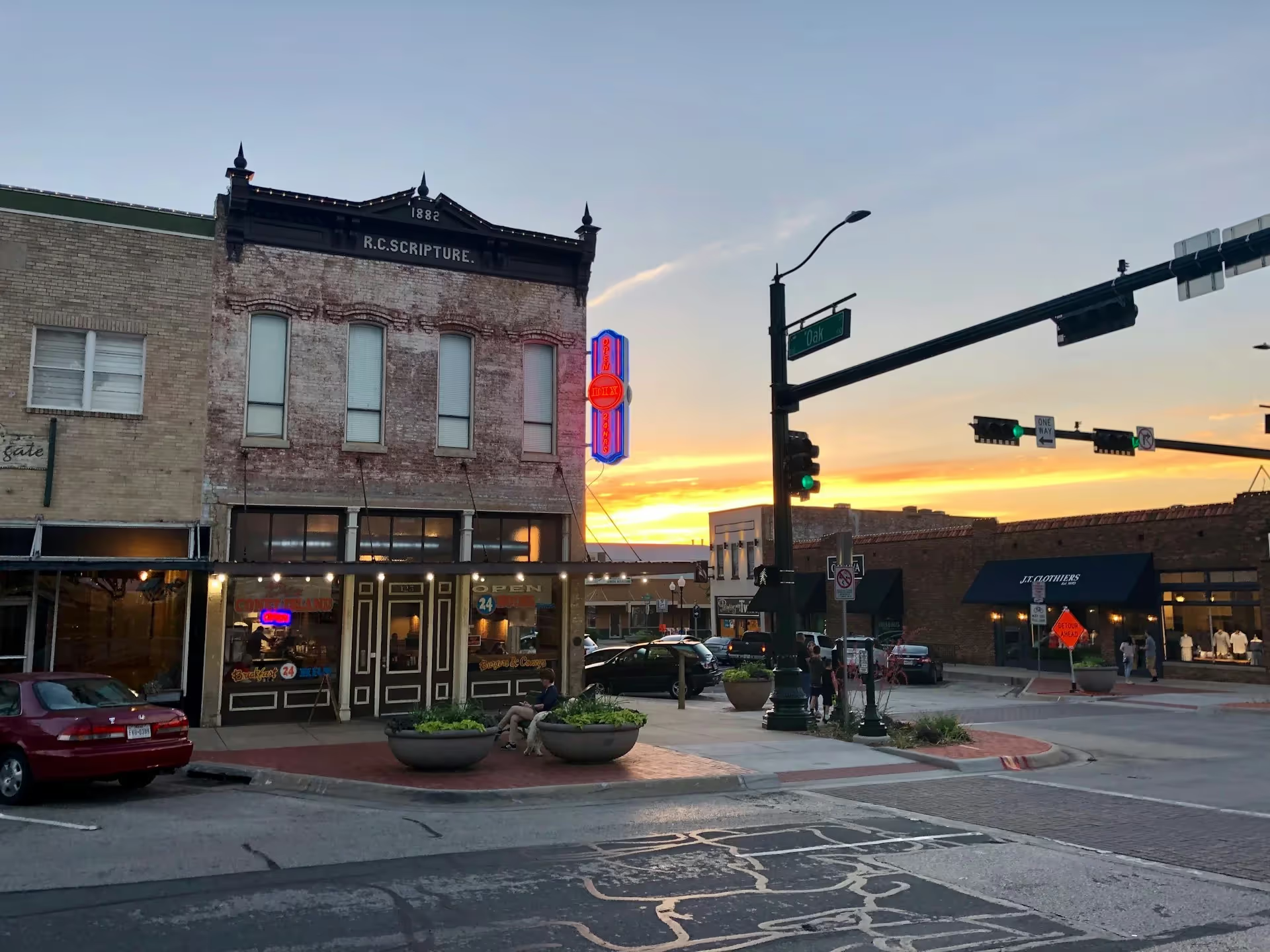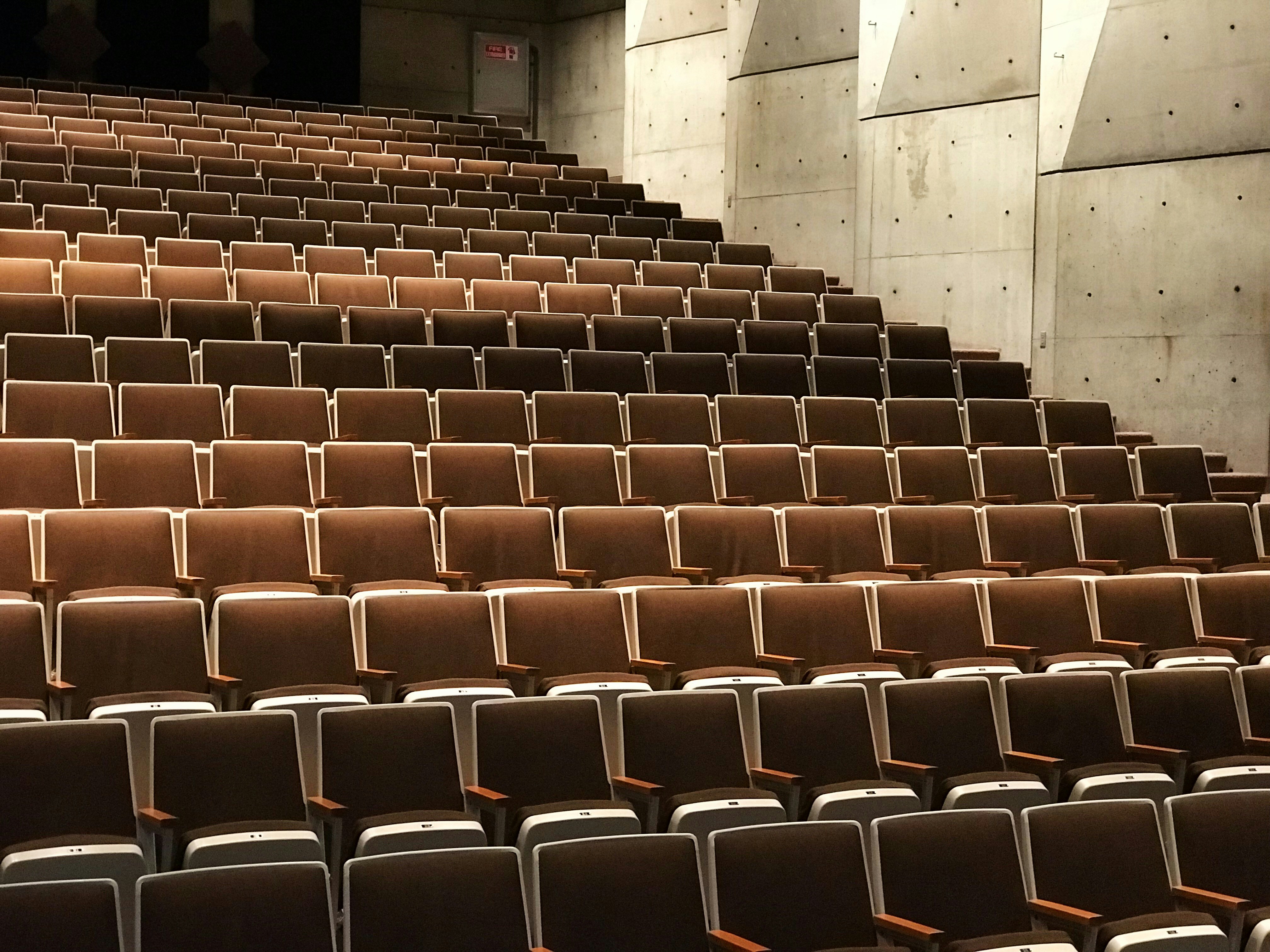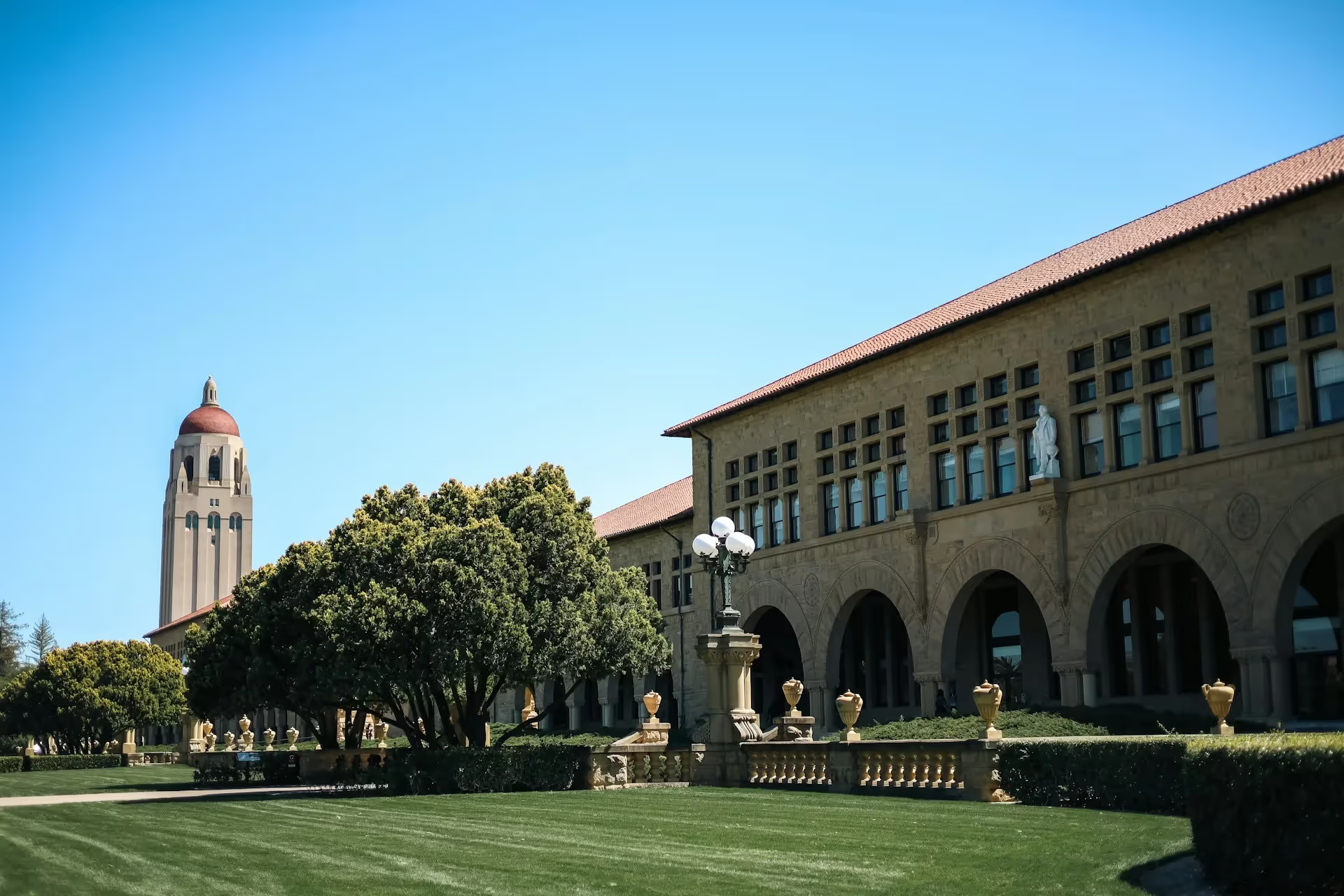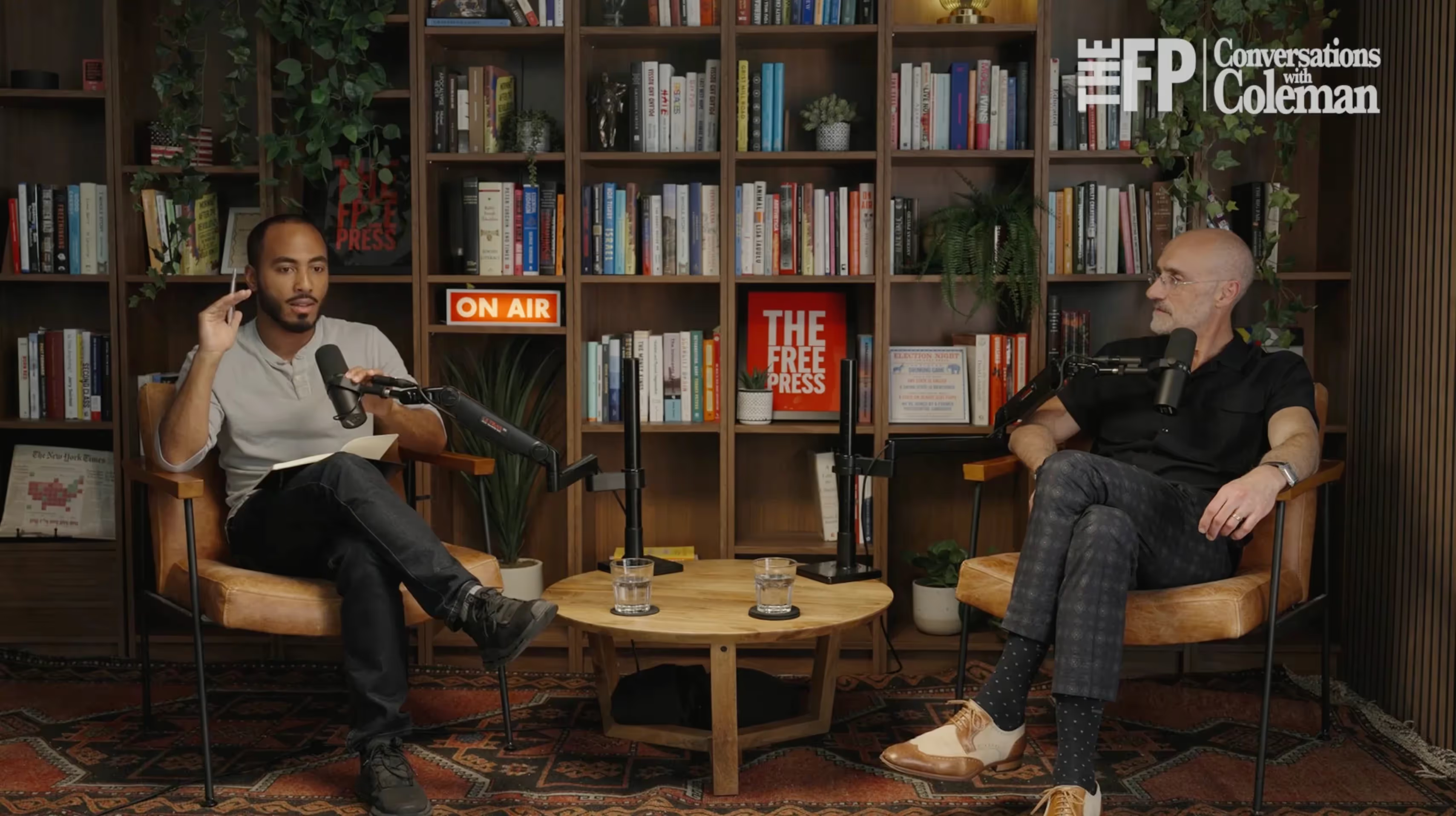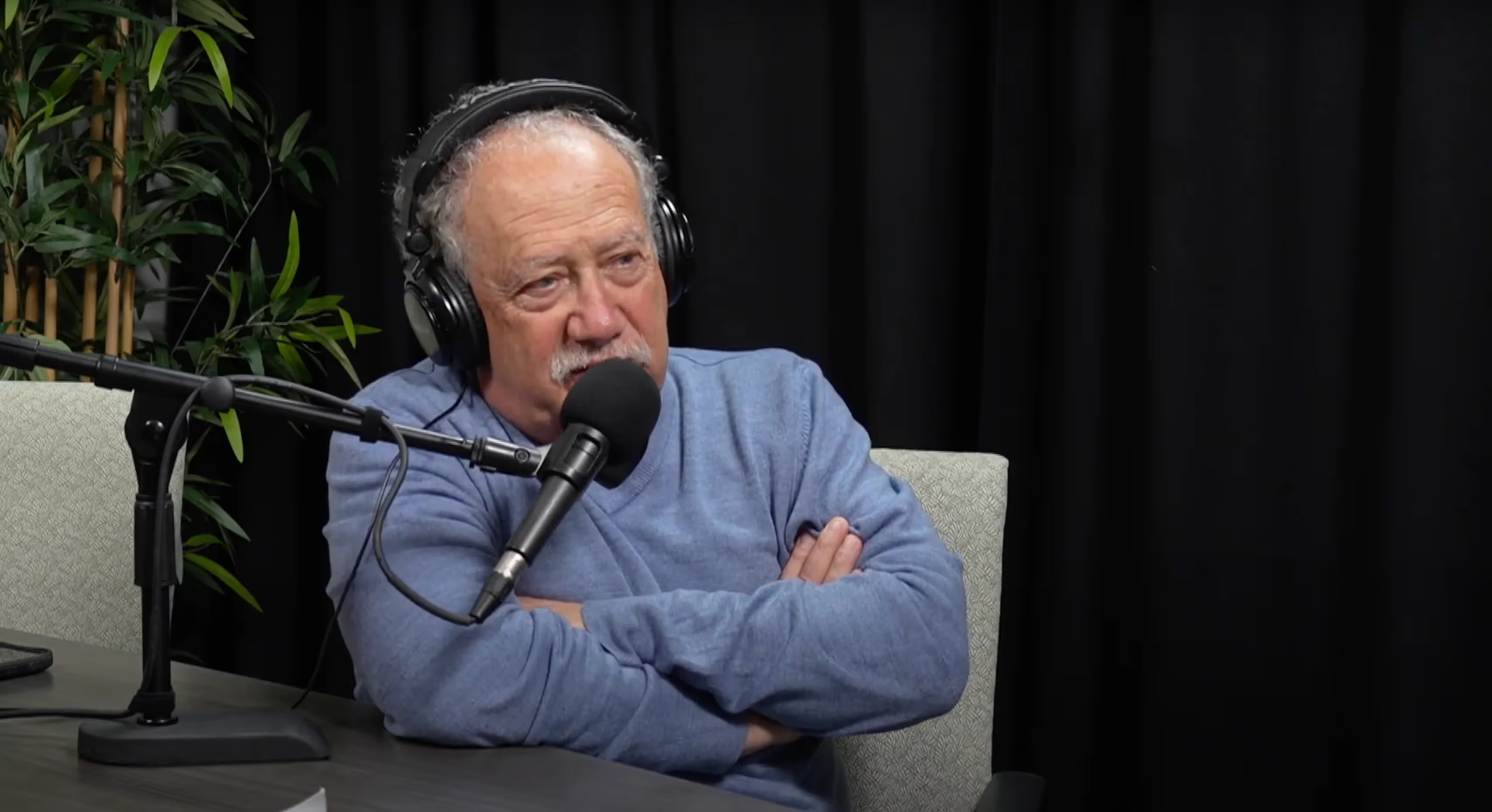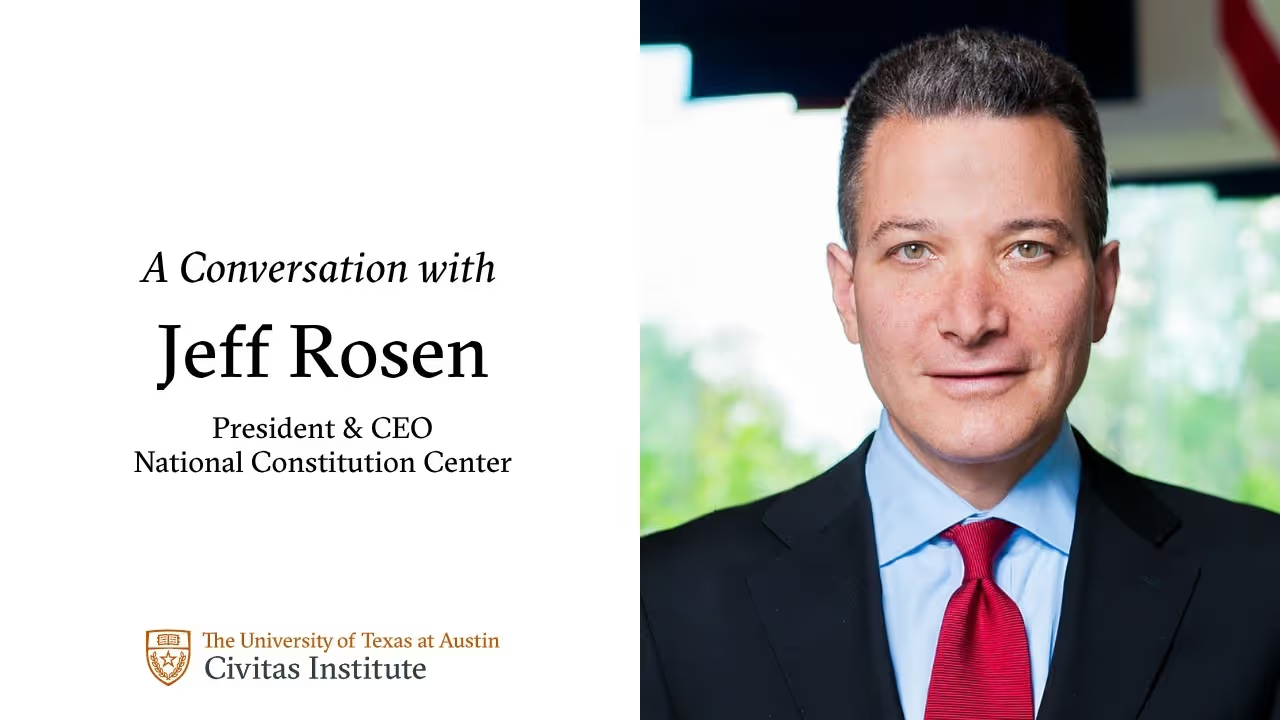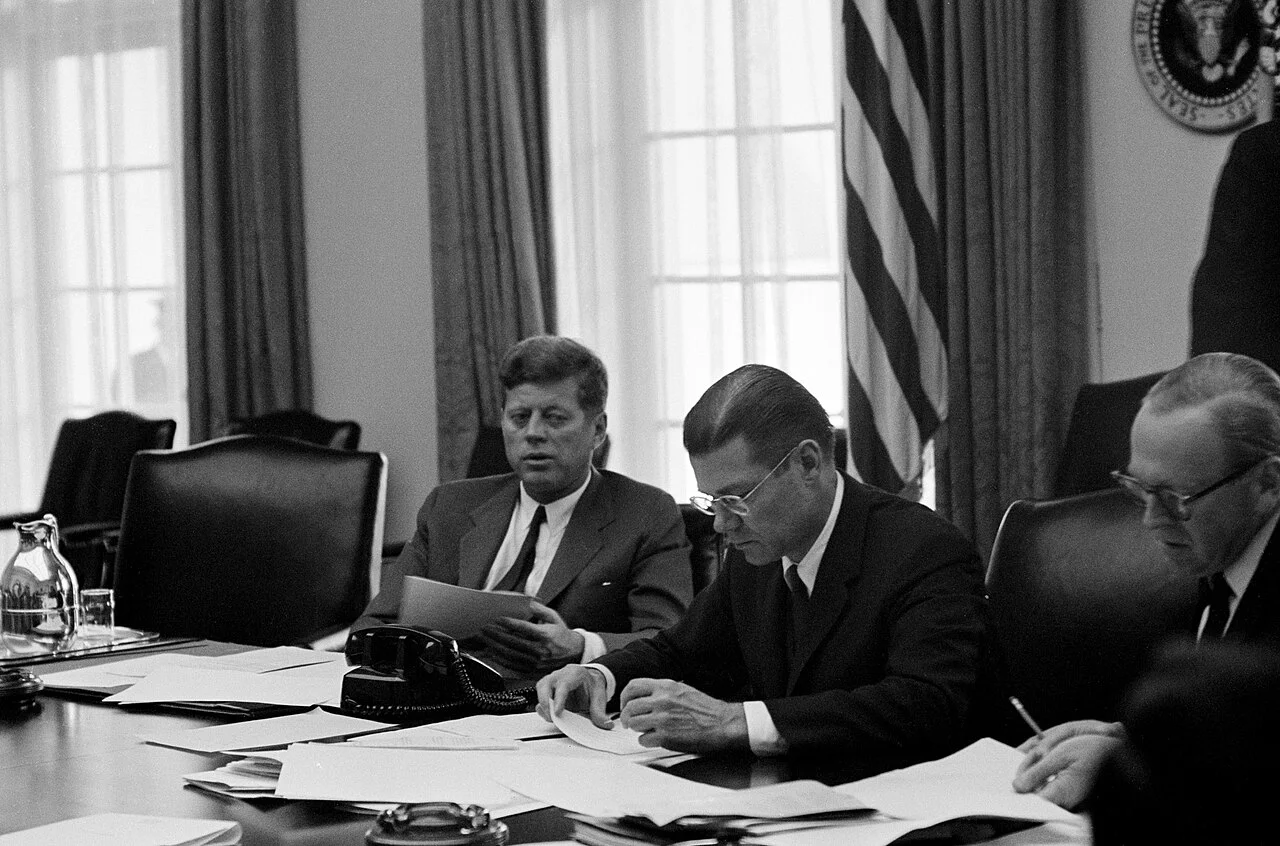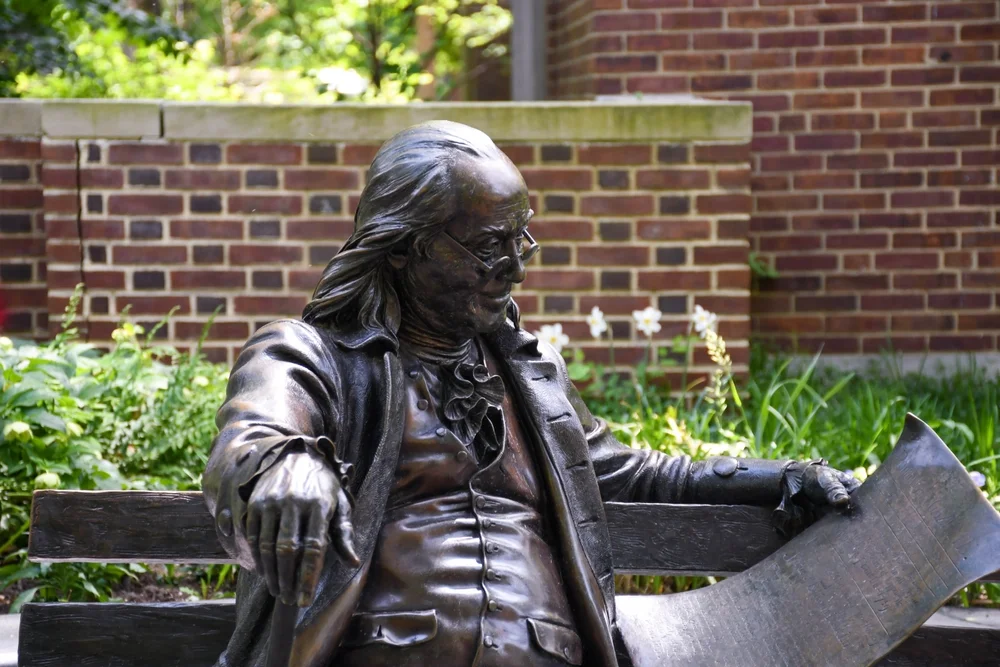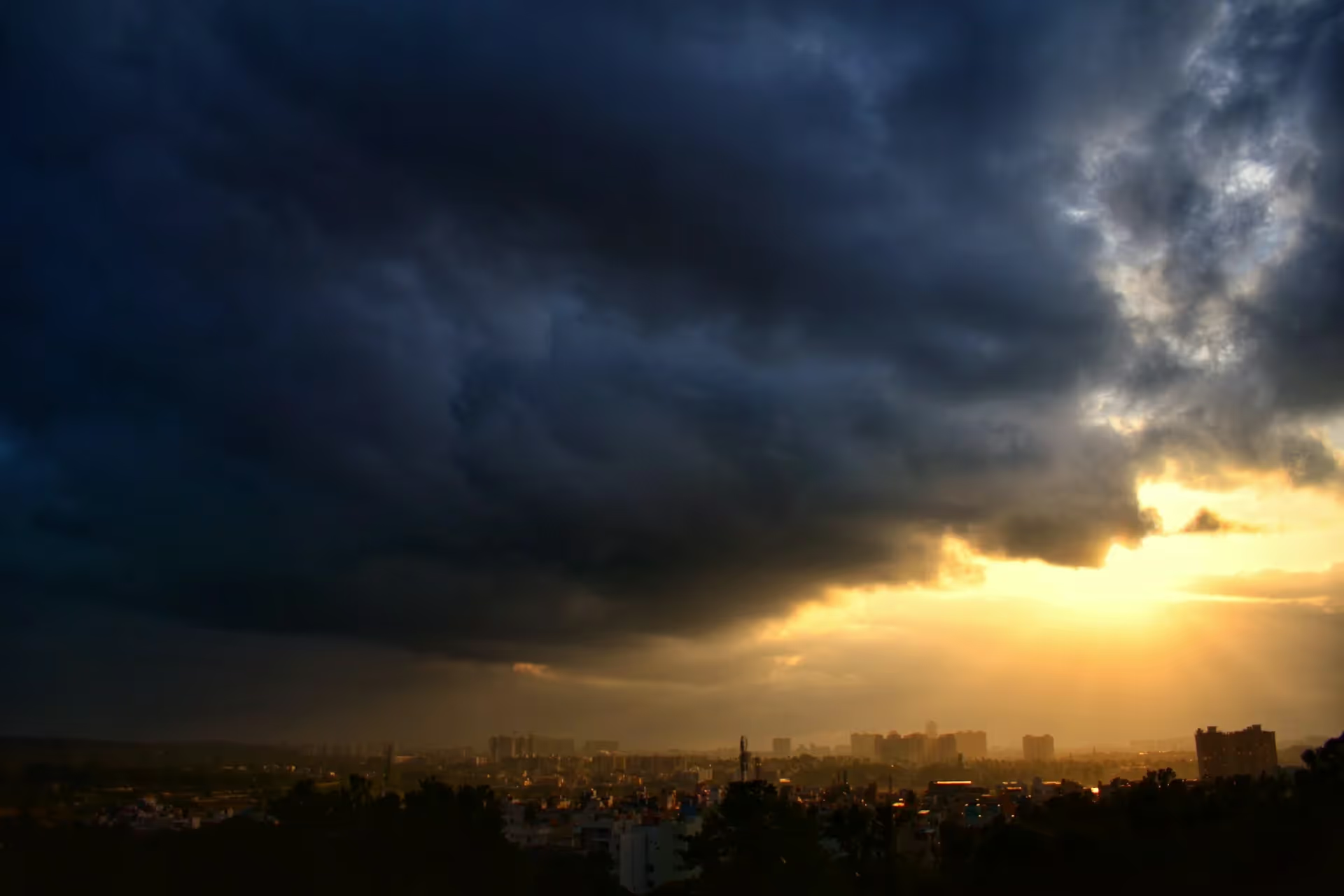
Exodus: Affordability Crisis Sends Americans Packing From Big Cities
Urban cores have started to shrink, losing first to the suburbs, then to ever further exurbs, and now to small towns and even rural areas.
For much of the past century, in both the United States and elsewhere, the inexorable trend has been for people to move from rural areas and towns to ever larger cities, particularly those with vibrant downtown cores such as New York, Chicago, San Francisco, Seattle, and dozens of other iconic American cities. Most visions of the future still view urban cores as the uncontested centers of production, consumption, and culture, with rural areas, small cities, and suburbs relegated to the backwaters of modernity.
A RealClearInvestigations analysis has found that we may be on the cusp of a new era. Urban cores have started to shrink, losing first to the suburbs, then to ever further exurbs, and now to small towns and even rural areas. For the first time since the 19th century, America’s growth pattern favors smaller metros – Fargo, North Dakota, as opposed to Portland, Oregon – many of which once seemed out of favor.
This transformation can be hard to detect because demographers often discuss metropolitan regions, which put city centers at their cores. But this method of classification masks the trend that much of the growth is at the edges of these areas. In virtually all the fastest-growing metros, it has been the further-out exurbs, themselves until recently rural areas, that have experienced most of the expansion. While Raleigh, North Carolina – a sleepy state capital for much of its history – continues to draw migrants from across the country, the most explosive growth is not occurring in the city center but the surrounding “countrypolitan” towns of Apex, Fuquay-Varina, and Zebulon that offer land and a relaxed rural environment along with access to modern amenities.
Pursuit of Happiness
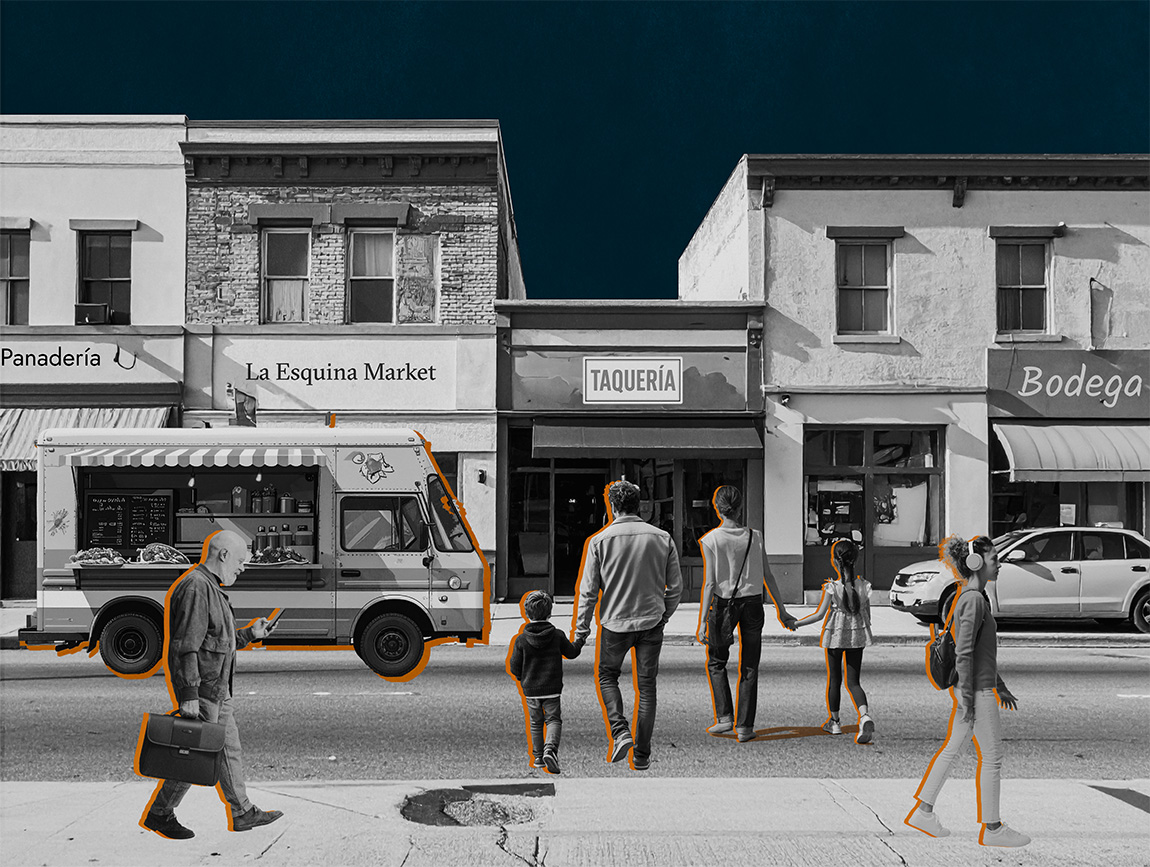
The Rise of Latino America
In The Rise of Latino America, Hernandez & Kotkin argue that Latinos, who are projected to become America’s largest ethnic group, are a dynamic force shaping the nation’s demographic, economic, and cultural future. Far from being a marginalized group defined by oppression, Latinos are integral to America’s story. They drive economic growth, cultural evolution, and workforce vitality. Challenges, however, including poverty, educational disparities, and restrictive policies, threaten their upward mobility. Policymakers who wish to harness Latino potential to ensure national prosperity and resilience should adopt policies that prioritize affordability, safety, and economic opportunity over ideological constraints.

The AI Frontier Must be Fiercely Competitive
In the long run, overregulation could run the risk of making AI less safe.

What Is History's Role in Civic Education?
Regrettable trends within the professional discipline of history have forfeited its vaunted former status in civic education.



